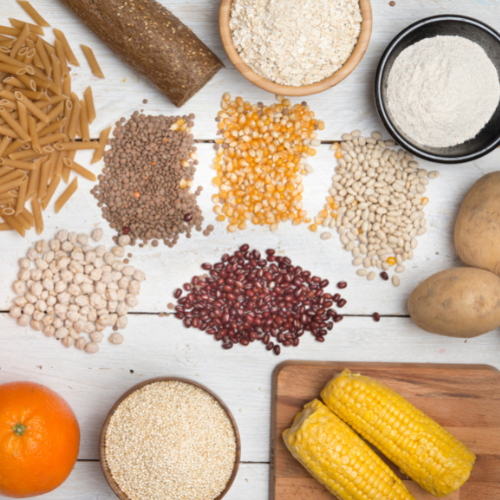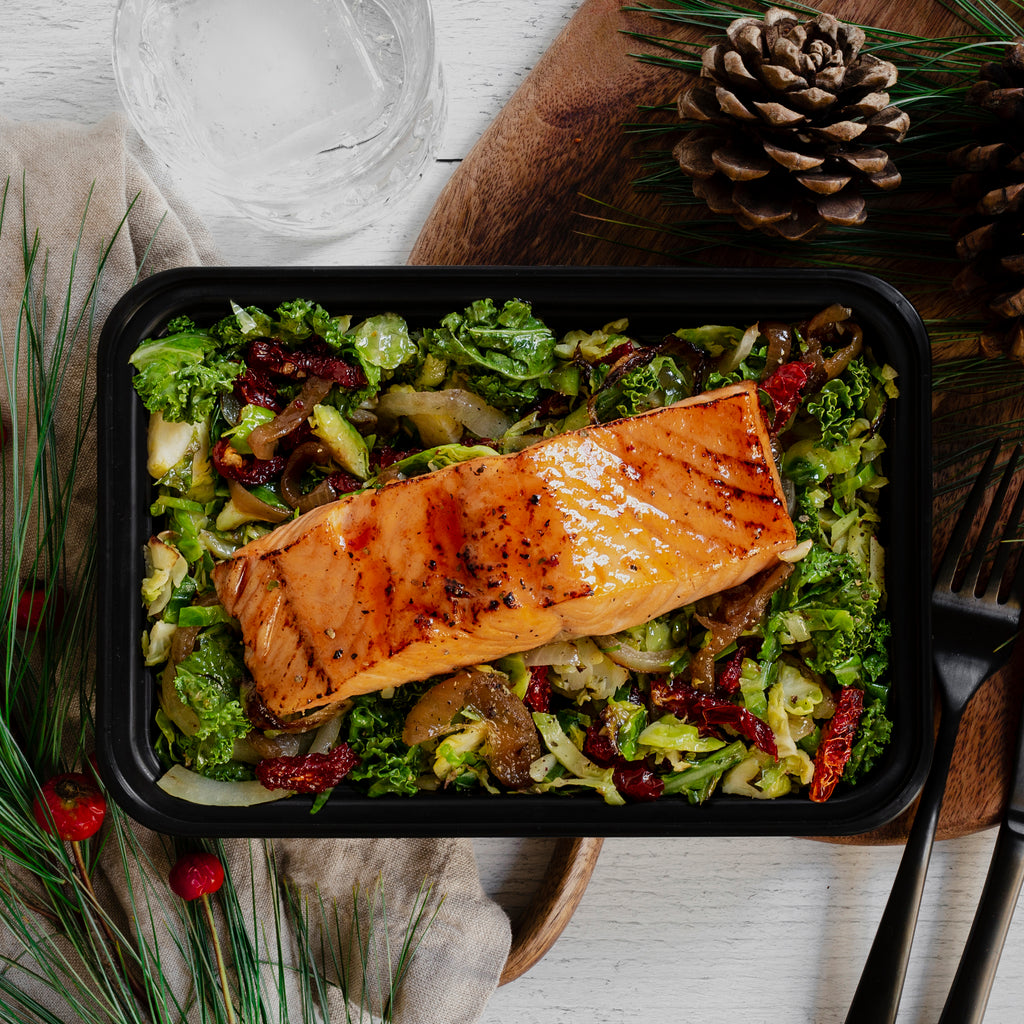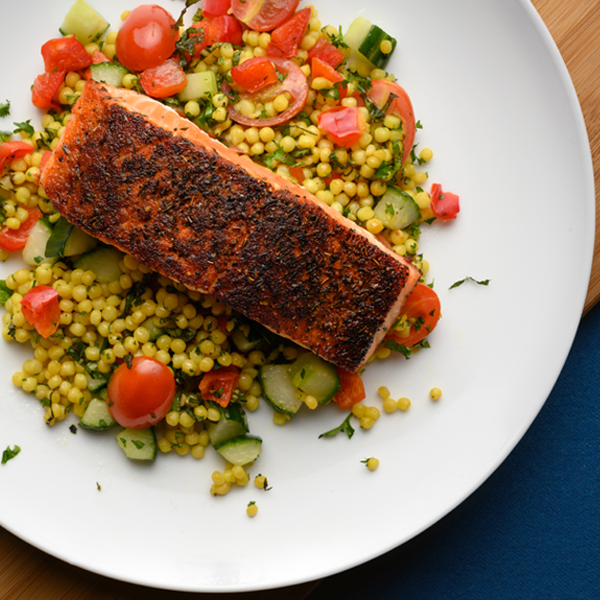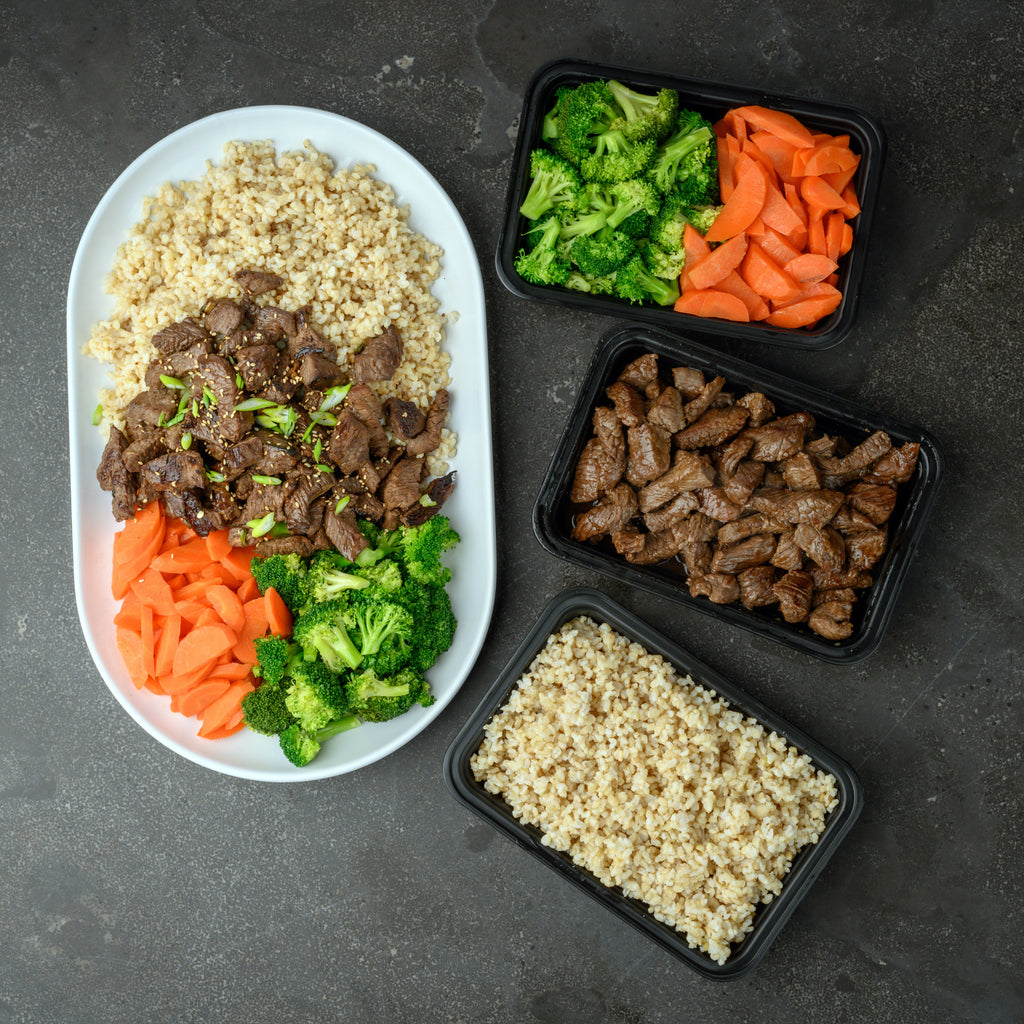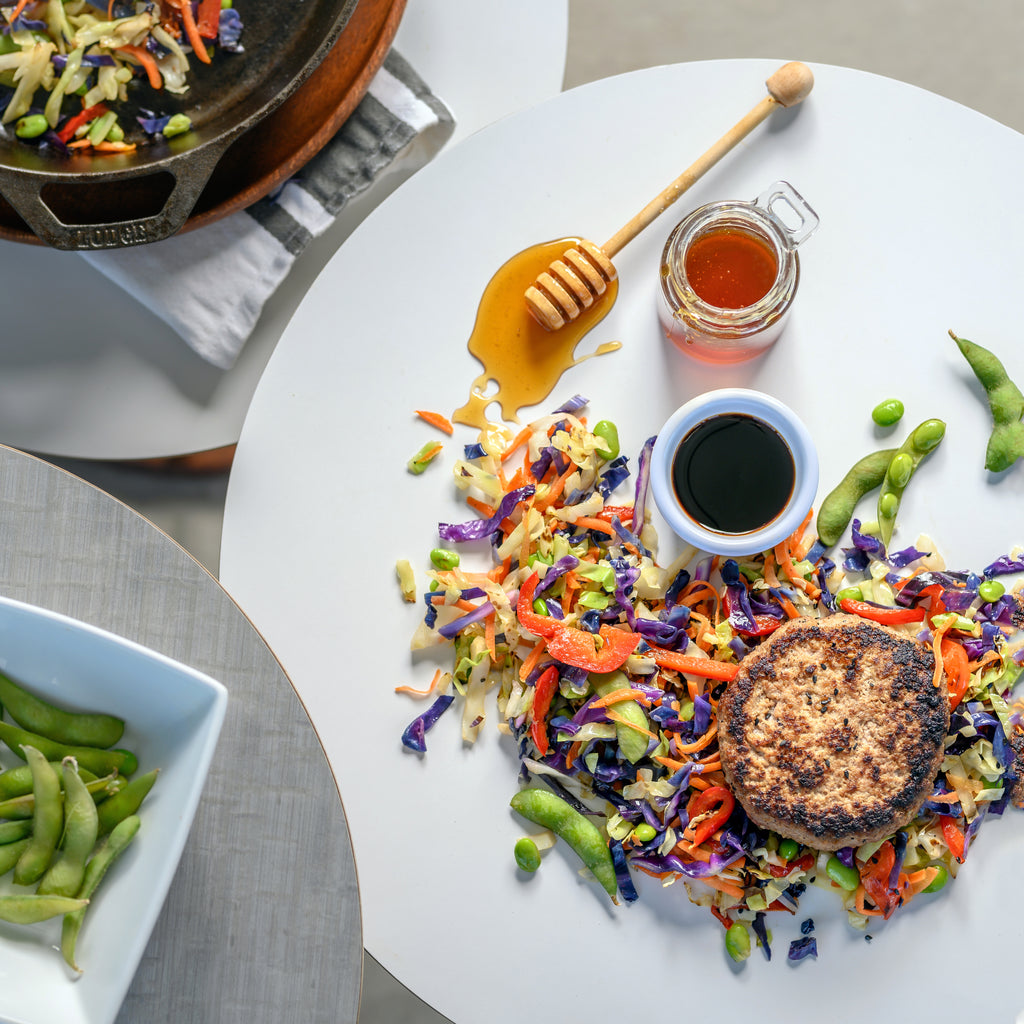Nutrition Blog — diets
Benefits of Plant Based Eating
Julia Barber
Ditch the Diet for the Lifestyle
Julia Barber
Are Carbs Bad?
Jillian Tedesco
Food For Any Lifestyle
Julia Barber
Fat 101
Julia Barber
Protein 101
Julia Barber
5 Antioxidant Rich Foods
Julia Barber
Kidney Friendly Diet
Julia Barber
What 1200 Calories Looks Like
Julia Barber
Diabetic Friendly Foods
Julia Barber
5 Foods to Reduce Inflammation
Julia Barber
5 Fruit Myths
Julia Barber
To Cheat Meal or Not To Cheat Meal
Julia Barber
5 Tips: Eating For Weight Loss
Julia Barber
Clean Eating
Julia Barber
Misleading Food Claims
Jillian Tedesco
Low Sodium Items
Mary Kurtz
Are You Eating Enough?
Julia Barber
5 Scary Health Myths
Julia Barber
What is Gluten?
Allison Lesko RD LD







